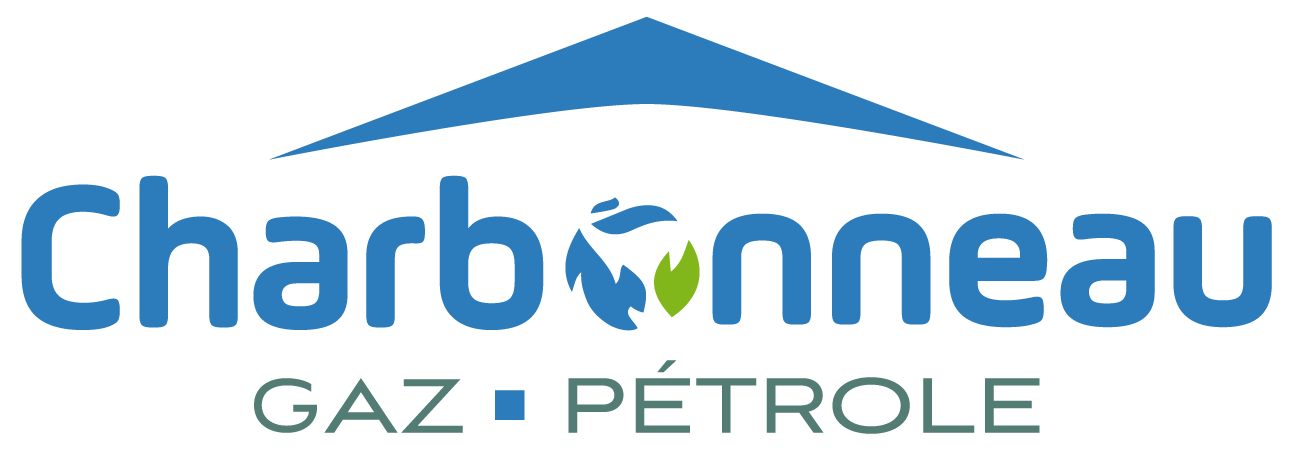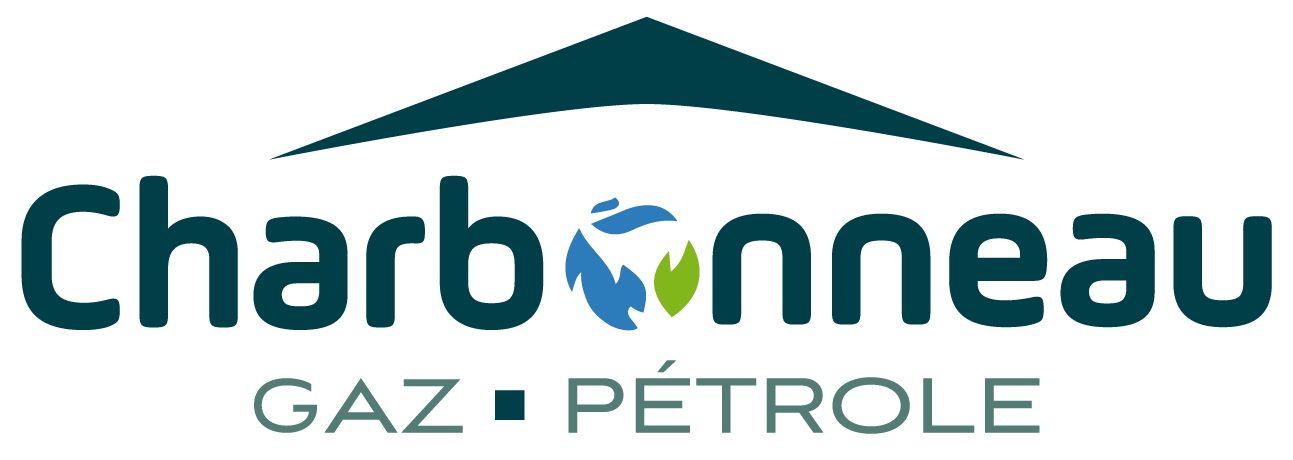Information and Practical Advice!
The team of certified technicians at Gaz Pétrole Charbonneau Inc. knows its products inside and out and understands the responsibility of sharing its knowledge with the user.
-
The BBQ
In order to be able to rely on your outdoor kitchen equipment, there are a few precautions and maintenance guidelines to follow.
Appliance Use
Maintain a distance of 60 cm (or 24 in.) between your BBQ appliance and any building structure, such as a balcony or patio, to reduce the risk of fire in the event of unusually high flames.
When finished, turn off the propane supply first. Turning off the propane supply first will allow the fittings to drain off any residual propane, thus avoiding swelling and the possible risk of leakage due to swelling of the fittings. The flame will self-extinguish once the propane is drained.
In the Spring
Start the season off right with a good BBQ cleaning. Grease build-up can ignite, creating an unnecessary hazard and ruining the meal being cooked. Make sure there are no leaks in your propane tank. Soap and water on the cylinder valve and fittings can easily detect a leak.
Transporting the Cylinder
The propane cylinder should be upright, secured and stable during transport. Whenever possible, transport the cylinder in an area separate from passengers (in the trunk of a car or the box of a truck). If the cylinder must be transported in the passenger compartment, ensure proper ventilation by traveling with the window down.
Equipment Storage
At the end of the season, you can store the BBQ and bottle outside in an open, ventilated area such as a shelter or tent with the side covers removed or under a roof or balcony. Storage in a shed is not safe as there is a risk of leakage and explosion in the event of a spark, flame or overheating.
In general, when caution and discernment are exercised at all times, you can enjoy your BBQ with peace of mind and create your own culinary masterpieces!
-
Using Propane: Safety Tips
If you know and follow the safety guidelines for its use, propane is a convenient and safe energy source. The best known guidelines are to keep propane cylinders outside, place them on a solid base, follow the manufacturer's instructions and never improvise yourself as a propane expert. As soon as a problem or anomaly is detected, it’s wise to call a qualified propane gas expert. They’ll be able to tell you what steps to take to restore safety.
To learn more about the safety instructions for the use of propane appliances, we invite you to consult the information section on the use of propane of the Régie du bâtiment du Québec, or the Association québécoise du propane.
-
A Skunk or Rotten Egg Smell
When the propane tank is nearly empty or leaking, you may smell an unpleasant odor. This smell comes from an additive called Methylmercaptan (CH3SH). It's added to detect a leak or when the tank reaches its minimum level, since propane is odorless. Look out for this smell!
-
Propane and the Environment
The efficient and rapid combustion of propane reduces carbon residue. It’s an affordable and clean-burning fuel compared to other combustion products, and its emissions meet Environment Canada's air quality standards. They are also less harmful than those from other energy sources.
-
Propane Heating, a Clean Choice
Did you know that when propane is burned, it releases water and up to 20% less carbon dioxide than fuel oil? Moreover, burning propane doesn’t emit nitrogen or fine particles. Propane is a cleaner energy than other fuels, which makes it a good environmental choice.



